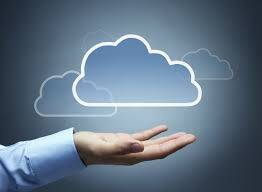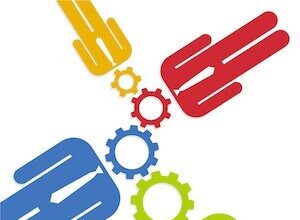 Modern businesses need to ensure their technology supports their processes in every way.
Modern businesses need to ensure their technology supports their processes in every way.
Running all your IT in-house: the old approach
 Modern businesses need to ensure their technology supports their processes in every way.
Modern businesses need to ensure their technology supports their processes in every way.
Running all your IT in-house: the old approach
Until recently, most businesses have had to manage their own IT systems. This has either meant employing a team of technical experts or paying for expensive consultants. The reliance on computer hardware and software means that any problems which crop up need to be addressed swiftly in order to keep day-to-day business running smoothly. As programs become more advanced, regular office PCs can start struggling and taking longer to boot and leading to lost productivity. A good example of this issue is highlighted in a tweet by the government’s new COO in 2013, Stephen Kelly -but constantly upgrading your hardware to cater for the latest software can be a drain on expenses.
Hosted IT systems: the modern way
Over the last few years, the advantages of cloud computing have become evident. Hosted or “cloud” computing generally refers to software which can be accessed and used from a web browser. The great thing about hosted technology is that you don’t need to maintain it in-house and it minimises the need to constantly upgrade your hardware. All the relevant software is kept updated and available for use by your fee earners 24/7 from any location using their laptops, tablets and smartphones on extremely secure and powerful servers which are managed remotely – meaning better uptime and a saving of up to 40% on IT costs.
Giving fee earners more flexibility
Your employees expect to have access to their case notes, files and documents instantly, whether they are in a meeting with a client or travelling on business. Tying them down to a single office location by requiring them to access the software tools on an antiquated desktop is simply not an option any more. An increasing number of employers are adopting Bring Your Own Device (BYOD) policies and it’s expected that almost 40% of companies will stop providing devices to workers by 2017. Hosted solutions can help to facilitate BYOD, as no software needs to be installed on the users’ devices; all they need to be provided with are logins.
Advantages of cloud computing:
- Less reliance on in-house IT team for routine tasks.
- Faster, cheaper and more efficient computing.
- Greater security.
- More flexibility for fee earners (BYOD).
- SRA recognition.



 Modern businesses need to ensure their technology supports their processes in every way.
Modern businesses need to ensure their technology supports their processes in every way.




